Sexual Violence Student Conference: Legislation, Policy and Opinion
On 27 April staff and students from across BU came together in the new Bournemouth Gateway Building to share research and ideas on the topic of sexual violence. The event was organised by Jane Healy, a criminologist in the Department of Social Sciences and Social Work in FHSS, in collaboration with Jamie Fletcher from Law, FMC, and Kari Davies from Psychology, FST. The combination of social sciences, social work, psychology and law created a dynamic and exciting environment as students from all four disciplines were exposed to intriguing and engaging presentations on this broad topic.
From Law, second year student Teodora Nizirova, alongside lecturers Jamie Fletcher and Karolina Szopa, presented a fascinating paper on the Sexual Offences Act 2003, which at present distinguishes rape (as penile penetration) from sexual assault (which includes penetration from other sources). They proposed a gender-neutral definition of rape as an alternative to the current non-penile sexual assault charge, as a method of recognising the extent of the harm caused to those individuals who identify as non-binary or who are not in heteronormative relationships. Their presentation sparked a flourish of comments and debate from students and staff in attendance, and more about their proposal can be read here
Jamie followed up by leading a discussion on R v Lawrence [2020] EWCA Crim 971, a recent case in the Court of Appeal, which held that lying about having a vasectomy did not negate consent in sexual intercourse, something which again produced much thought and debate from those in attendance.
Not to be outdone by the stimulating presentations from our Law Department, Psychology colleagues were quick to showcase the breadth of research they are currently undertaking on sexual violence. This included papers from Rachel Skinner, Psychology lecturer, on the relationships between rape myths and sexism/misogyny and an appeal from Rachel for those interested in this topic to collaborate with her on future work. Two online papers swiftly followed: Ioana Crivatu, postdoctoral research assistant, presented on her qualitative study on group participation in sexual offences, and Ellie Reid, research assistant, shared findings on consistency and coincidence factors in sexual offences cases. Kari Davies, lecturer in Psychology, concluded Psychology’s input by providing a whistle-stop tour of the variety of different work she and her colleagues are collaborating on, including BU’s contribution to “Project Bluestone” (which is a large project exploring rape and serious sexual offence investigations alongside colleagues from other institutions across the UK – more info here) as well as collaborative work on crime and policing in Switzerland with Maggie Hardiman.
Arguably saving the best for last (in my opinion), the Social Sciences and Social Work team finished off the afternoon with two and a bit papers from HSS. BA Sociology student Sam Cheshire provided a confident and theoretically informed paper on his final year dissertation study, which involved interviewing survivors of domestic abuse and social services professionals. He emphasised the interlocations of power, violence and agency in his interpretation of the data, positioned within Foucauldian and neoliberalist concepts and structures. Orlanda Harvey, Lecturer in Social Work, then presented on her own project working with women survivors of domestic violence and highlighted the continuing taboo of disclosing sexual violence within relationships, providing strategies that she and Louise Oliver are using to engage with participants in a safe and supportive environment.
Finally, with only minutes remaining, Jane Healy concluded the afternoon with a very brief overview of her research into disabled women’s experiences of sexual violence, and shamelessly plugged her contribution to a book on “Misogyny as Hate Crime” which is available here (and will soon be available in the library collection).
The afternoon drew to a close with a rallying cry for more cross-faculty events for students and greater collaboration for staff on this topic. The combination of distinct yet intersecting disciplinary work created an eclectic and refreshing mix of papers that provided much food for thought for staff and students alike. Students Teodora and Sam are to be particularly applauded for presenting for the first time to an audience of peers and academic staff.
Kari is keen to expand on collaborative expertise across BU in the fields of criminal justice, policing and sexual violence and is putting together a Sexual Violence working group. Please get in touch with her if you’d like to join.
Many thanks also to Kari for funding the tea and biscuits that kept us going through the afternoon! We are already looking forward to the next event.

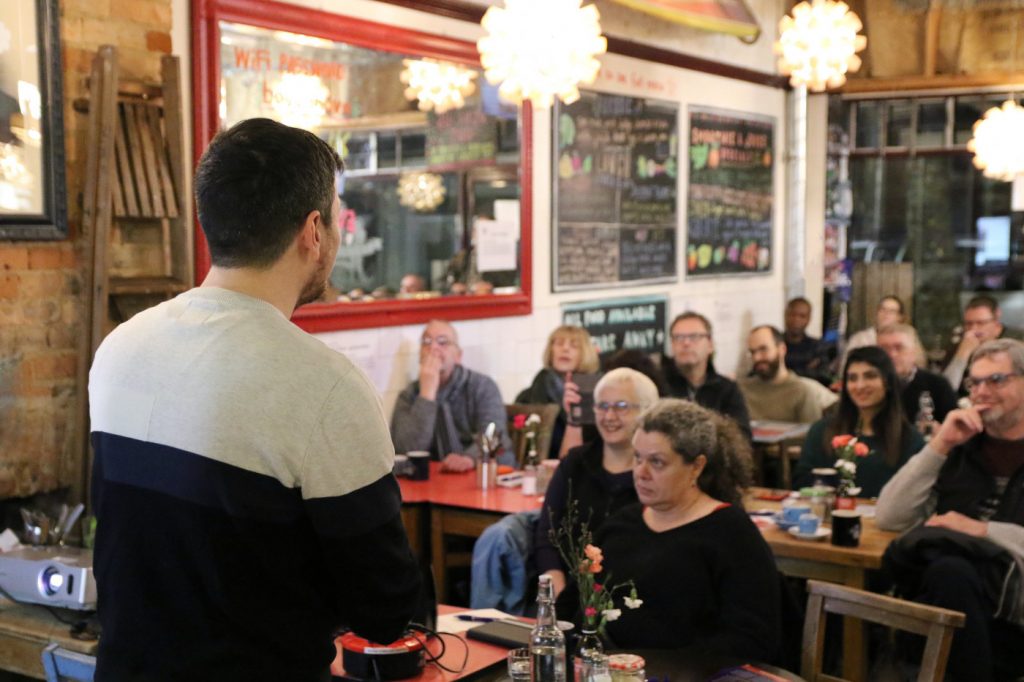


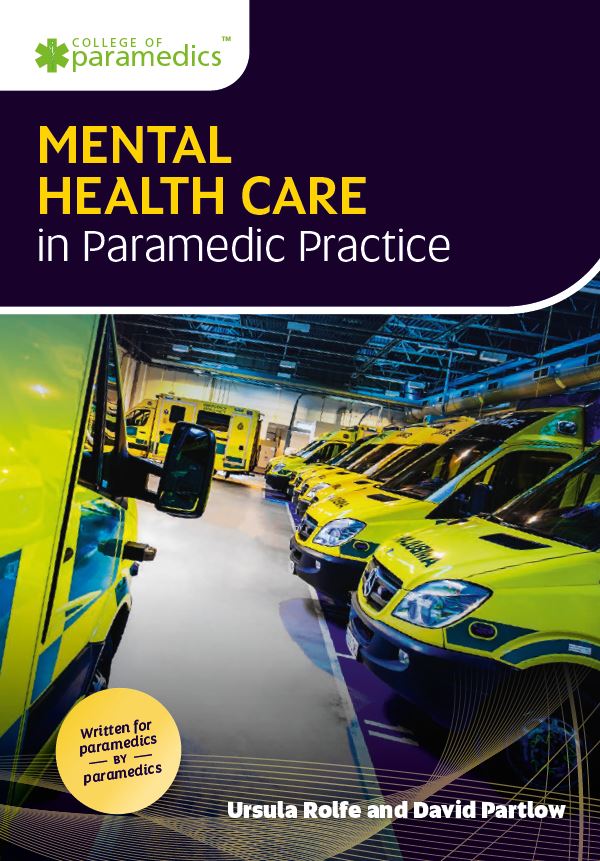
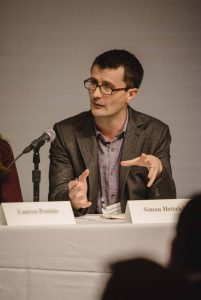
 Every BU academic has a
Every BU academic has a  By clicking on this box, on the left of the Research Blog home page just under the text ‘Funding Opportunities‘, you access a
By clicking on this box, on the left of the Research Blog home page just under the text ‘Funding Opportunities‘, you access a 


 RDS Funding Development Briefing will be on Wednesday (26/04/22) at 12 noon. There will be no spotlight presentation this week.
RDS Funding Development Briefing will be on Wednesday (26/04/22) at 12 noon. There will be no spotlight presentation this week. Funded by
Funded by  The events will bring people across the sector together, from researchers and policy makers to creative and community practitioners, to learn and share ideas. Each event is tailored around a specific theme, informed by the
The events will bring people across the sector together, from researchers and policy makers to creative and community practitioners, to learn and share ideas. Each event is tailored around a specific theme, informed by the 
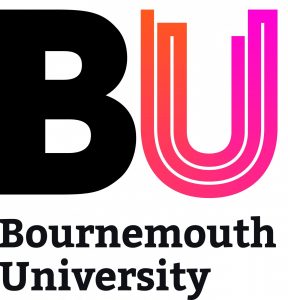




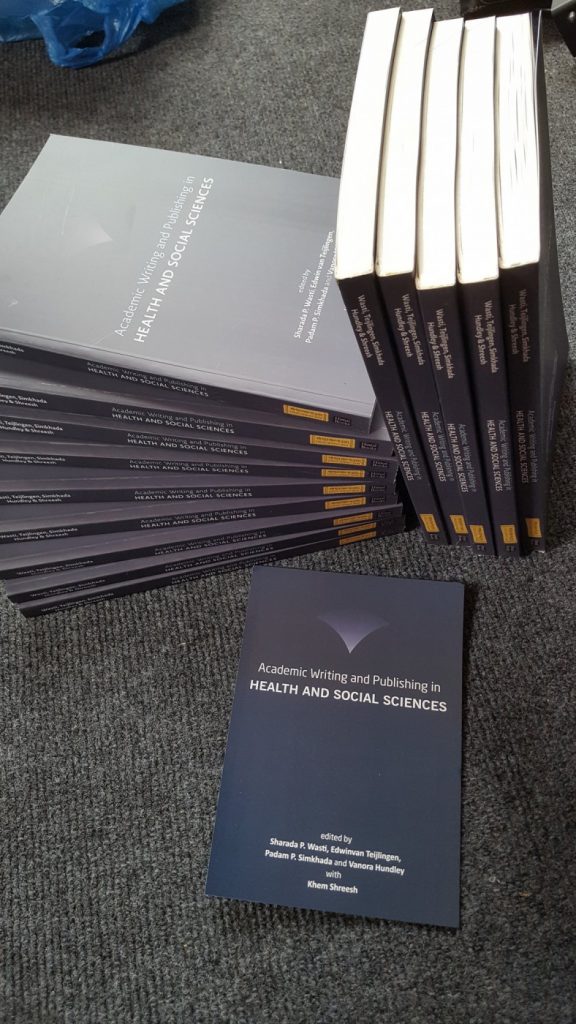











 April’s Café Scientifique – Should we help machines understand and respond to our emotions?
April’s Café Scientifique – Should we help machines understand and respond to our emotions? Postgraduate Research Experience Survey (PRES) 2024 – 2 WEEKS LEFT
Postgraduate Research Experience Survey (PRES) 2024 – 2 WEEKS LEFT Working with The Conversation: online training session – Wednesday 8th May
Working with The Conversation: online training session – Wednesday 8th May Apply for up to £1,000 to deliver an event and take part in a national festival of public engagement with research
Apply for up to £1,000 to deliver an event and take part in a national festival of public engagement with research MSCA Postdoctoral Fellowships 2024
MSCA Postdoctoral Fellowships 2024 Horizon Europe News – December 2023
Horizon Europe News – December 2023